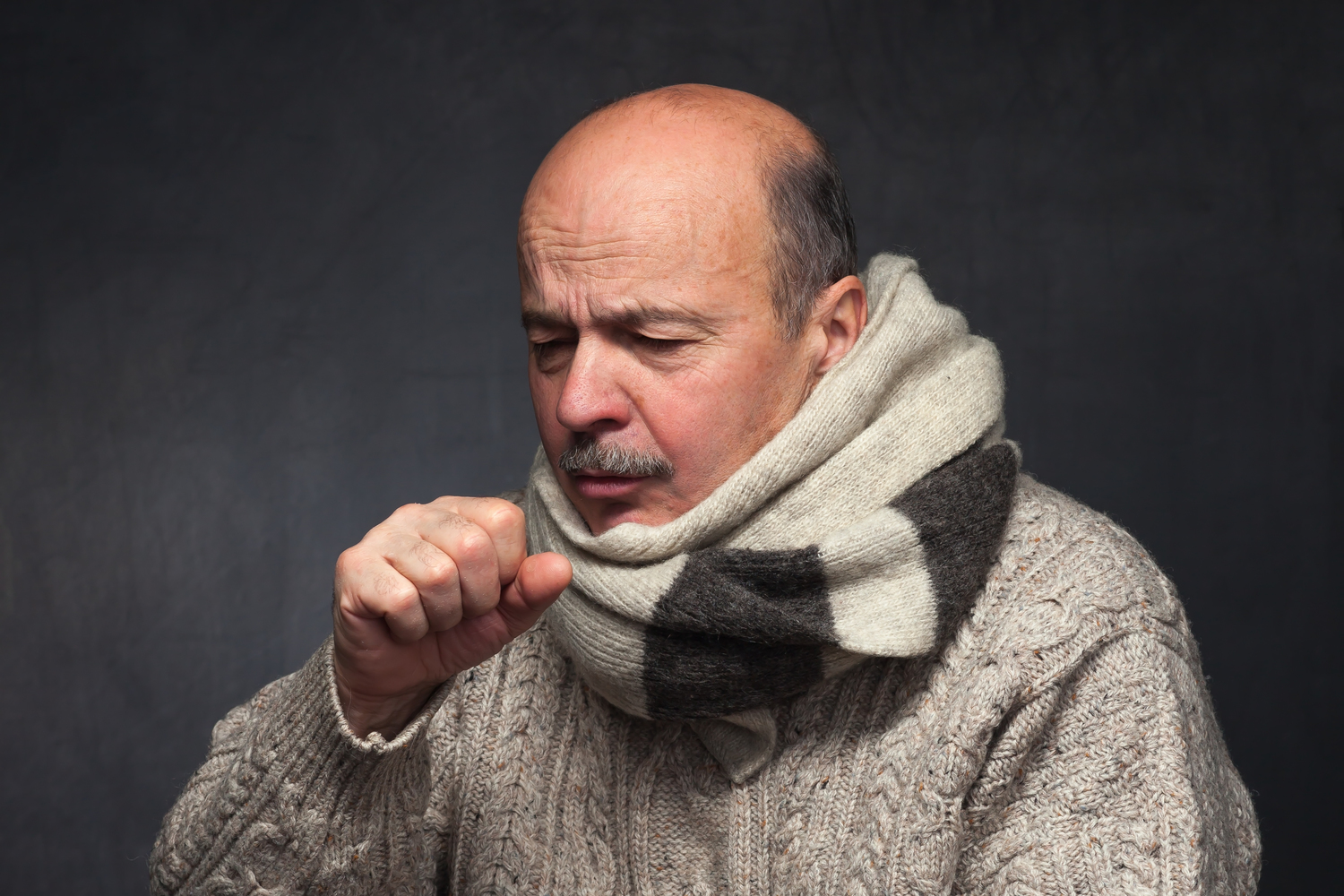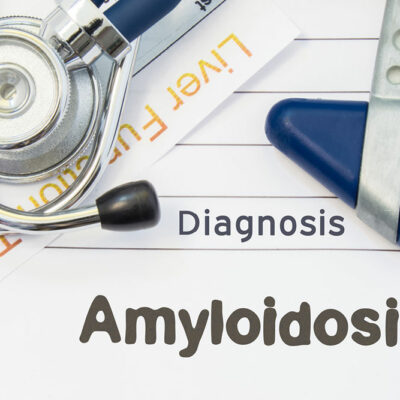
Pneumonia Signs and Symptoms
Pneumonia is a serious infection that causes inflammation in the lungs that causes a cough, fever, and shortness of breath. Pneumonia happens when a viral infection gets deep into the lung’s air sacs and the infection fills the lungs with fluid and sometimes pus. As the infection takes over, it becomes increasingly harder to catch your breath and can get to the point where oxygen deprivation ends up affecting the rest of the body.
Research has shown that people who are two years old and younger and sixty-five years old and older are more likely to be susceptible to pneumonia as they do not have an immune system strong enough to fight off the infection or symptoms. Pneumonia can present itself in one or both of the lungs, while others have pneumonia and never suffer from any symptoms at all, which is commonly known as walking pneumonia. It is also important to get tested for pneumonia sooner rather than later as a bacterial lung infection and a fungal lung infection can be spread to people around you.
The following are the signs and symptoms of pneumonia that you need to know:
1. Chest pains
One of the most common symptoms of pneumonia that people experience is a pain in the chest, specifically when they take deep breaths or when they cough. This pain can feel tight or sharp depending on how severe your case is.
2. Bad productive cough
If you have a bad cough that is dry, it could just be a cough. However, when your cough starts to produce phlegm and large quantities of mucus, you should be concerned and get seen by a doctor as soon as possible.
3. Extreme fatigue and inability to eat much
One of the worst pneumonia symptoms is extreme fatigue. Pneumonia requires all of your energy to fight off the infection and to heal. Because it takes so much energy to fight the infection, it can cause you to feel excessively exhausted all of the time and lose interest in eating.
4. Shortness of breath
A big part of pneumonia is the infection causing fluid to build up in one or both of the lungs. The fluid causes the lungs to not be able to fill with oxygen all the way as they were designed to do. This, in turn, leads patients to experience shortness of breath and the inability to take full or deep breaths. If the case is severe enough it will require an oxygen mask in order for the body to get the oxygen it needs.
If you think you may have pneumonia, no matter the type, it is imperative to get seen by a doctor immediately. You may be okay to go home and take medications until it is out of your system, but if your case is serious you may need to be hospitalized until your body is able to heal.


